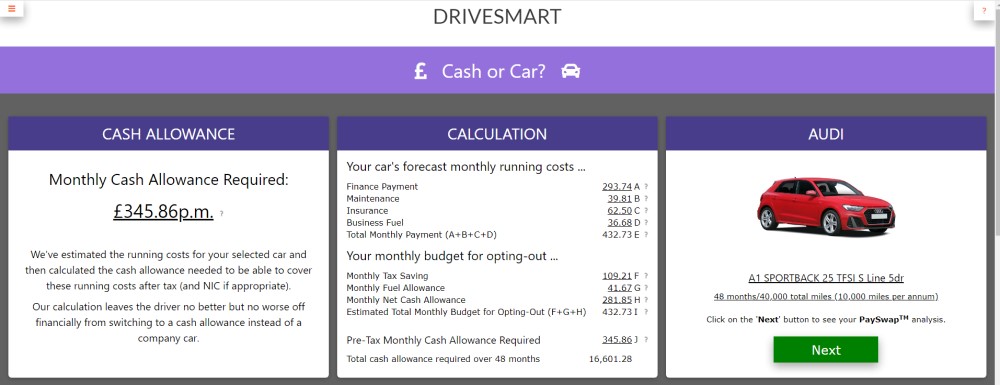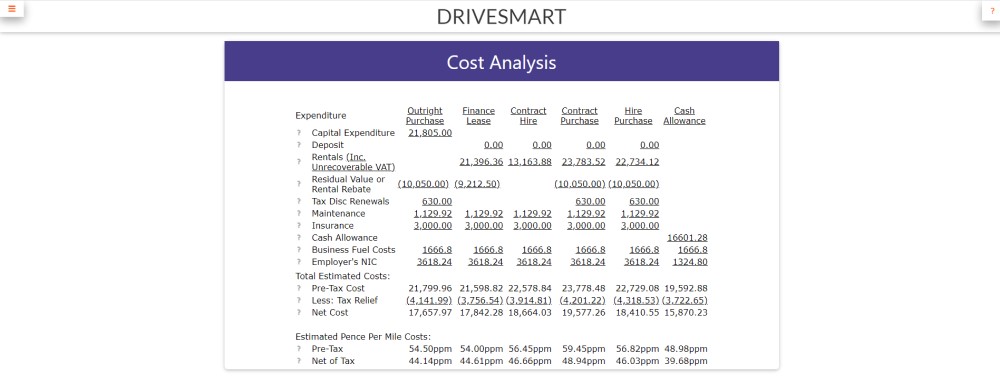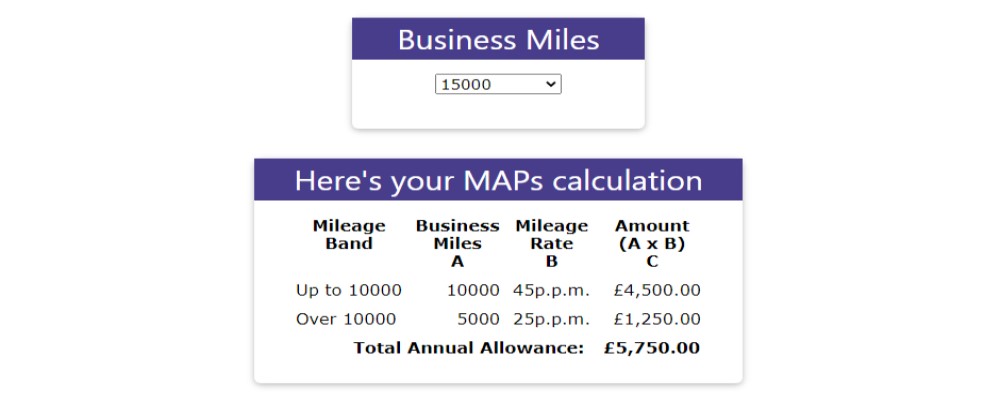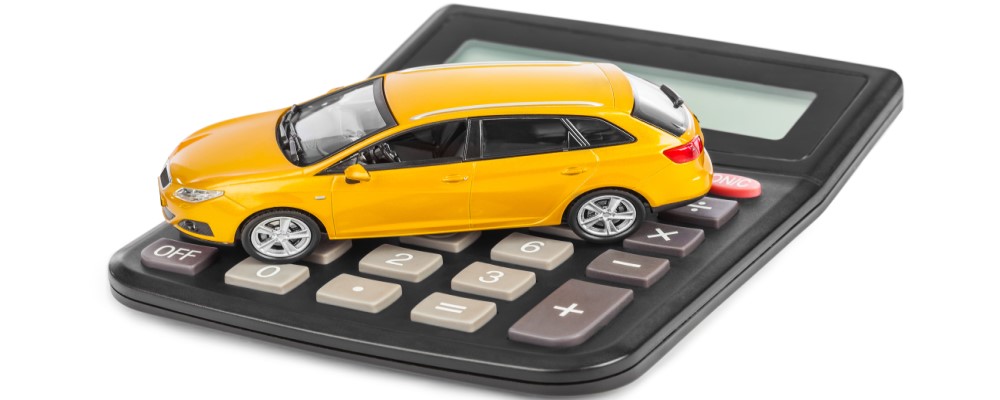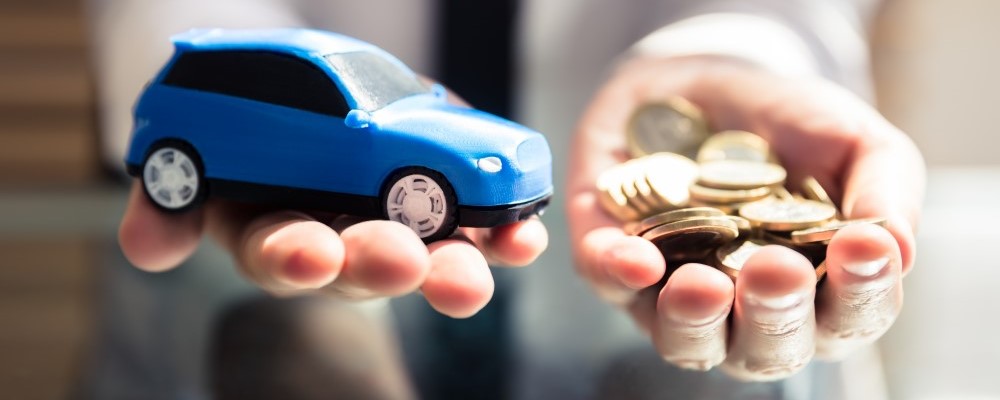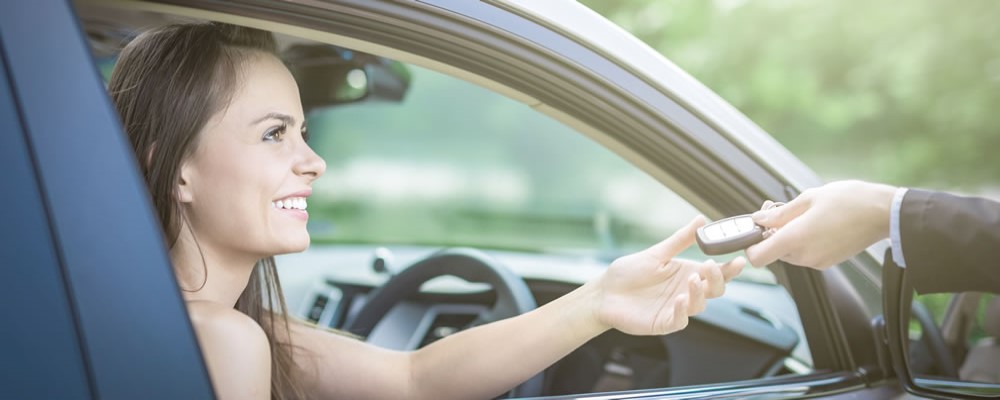The FleetPro Blog: VAT on Company Cars And Vans
Recovering VAT on company cars and vans ....
VAT on Company Cars And Vans

VAT on Company Cars And Vans
1 July 2020
Recovering VAT on company cars is not straightforward ....
We explain the rules for VAT recovery on company cars and vans.
For these posts we've assumed that your business isn't a leasing or finance company (where special rules apply).
If your company buys new cars or vans for use in your business then VAT is normally applied to the purchase price, but there are restrictions on recovering the VAT.
Company Cars
Company cars are normally assumed to have a dual purpose, that is business travel and personal travel by the drivers. This dual purpose means that there are restrictions on the VAT that can be recovered.
Unless a company car is a pool car (broadly, a 'pool' car used only for business purposes and kept at the company premises), VAT on the purchase price cannot be recovered by your business.
However, this also means that your business doesn't normally need to charge VAT when is sells a company car at the end of its replacement cycle.
Leased Cars
If you lease a company car then you will normally be charged VAT on the lease rentals by the leasing company.
However, unlike purchases of cars, you can recover 50% of the VAT charged on the car lease rentals (or 100% in the case of pool cars).
The limit of 50% is to take account of the dual use of the car in your business.
Company Vans
If your company buys or leases vans for use in the business then VAT can normally be recovered in full on either the purchase price or the lease rentals.
However, when you sell the van you will need to charge VAT on the sale price and account for it in the normal way.
There are special rules defining what is and what is not a van for VAT recovery purposes. Typically a van is a vehicle that is made predominatly for the carriage of goods.
However, cross-over vehicles which have a mixed use (typically pick-up trucks with a 50:50 passenger/cargo capacity) may fall into the catergory of car rather than van and you should consult your professional advisers before attempting to recover VAT on such vehicles.
Running Costs
Generally, VAT charged on the day-to-day running costs for company cars and vans (e.g. maintenance and fuel costs) can be recovered by eligible VAT registered businesses.
There is an exception to this in the case of electric cars. Under current legislation most VAT registered businesses are unable to recover input VAT on electricity supply charges.
As a result, VAT paid on the cost of recharging electric cars and vans cannot be recovered as normal input VAT even though VAT on business petrol and diesel costs can be recovered.
Private Fuel
If your business is VAT registered and provides its company car or van drivers with free fuel for private motoring then you will need to charge VAT on this benefit to the drivers.
Rather than actually charging the VAT to the driver, the VAT due is collected by your business paying a fixed amount of VAT to HM Revenue and Customs for each car provided with free private fuel during your VAT accounting period.
Related Tools
Related Posts
What Else Do We Do?
FleetPro has a unique suite of free online tools to help you find the right car.
Take a look at some of our amazing calculators and decision tools for new car buyers.
-
Lease or Buy?
Could you lease a new car for less than the cost of buying? Our lease calculator will work out the best finance method for you. -
ICE or Electric?
Would an electric car be cheaper than petrol or diesel? Our ICE or electric calculator compares running costs instantly. -
Cash or Car?
Could you give up your company car for a cash allowance? Our 'cash or car' calculator will tell you. -
Car Search
Find your next new car by monthly payment, standard equipment, performance, economy and more .... -
fleetpro.co.uk
Why not visit our fleetpro.co.uk website and see for yourself the amazing range of tools and analysis? We'll keep your place here while you browse.
